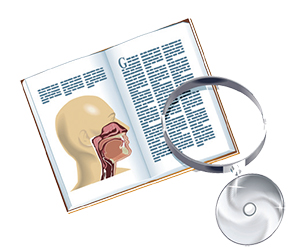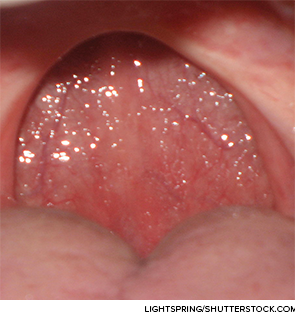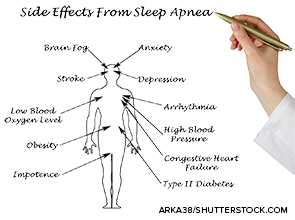Patients with chronic rhinosinusitis and comorbid obstructive sleep apnea see substantial improvements in quality of life following sinus surgery
Can Tonsil Size Help Predict Pediatric OSA Severity?
An evaluation of a child with sleep-disordered breathing requires a careful assessment of symptoms as well as tonsil size

Tips on Evaluating, Treating Snoring
Evaluating and treating snoring in the office setting is something for which otolaryngologists are frequently called upon

Does Weight Loss Affect the Apnea/ Hypopnea Index?
Bariatric surgical weight loss consistently reduces the severity of AHI and associated symptoms
Snoring Associated with Negative Sleep Behaviors, Health Conditions
Self-reported snoring linked with decreased sleep time, unintentionally falling asleep, coronary artery disease, depressive disorders
Online Course Helps Health Professionals Identify Sleep Disorders
Educational course for occupational health nurses aimed at helping to identify patients with sleep disorders.

Determining Responders versus Non-Responders for Patients with Obstructive Sleep Apnea
Otolaryngology experts review which patients with OSA will likely benefit from surgery

Sleep Fellowship Training Programs on the Rise
Greater number of sleep medicine programs available give otolaryngologists more choice, opportunity to earn certification in specialized skill set

Sleep Fellowship Programs Offer More Opportunities to Subspecialize in Sleep Surgery
Otolaryngologists certified in sleep medicine, sleep surgery in position to offer both CPAP, surgical treatment to patients
Multilevel Obstructive Sleep Apnea Surgery Helps Decrease Depression, Sleepiness
Does surgical intervention, particularly multilevel surgery, for OSA decrease depression and sleepiness?
- « Previous Page
- 1
- …
- 4
- 5
- 6
- 7
- 8
- …
- 13
- Next Page »